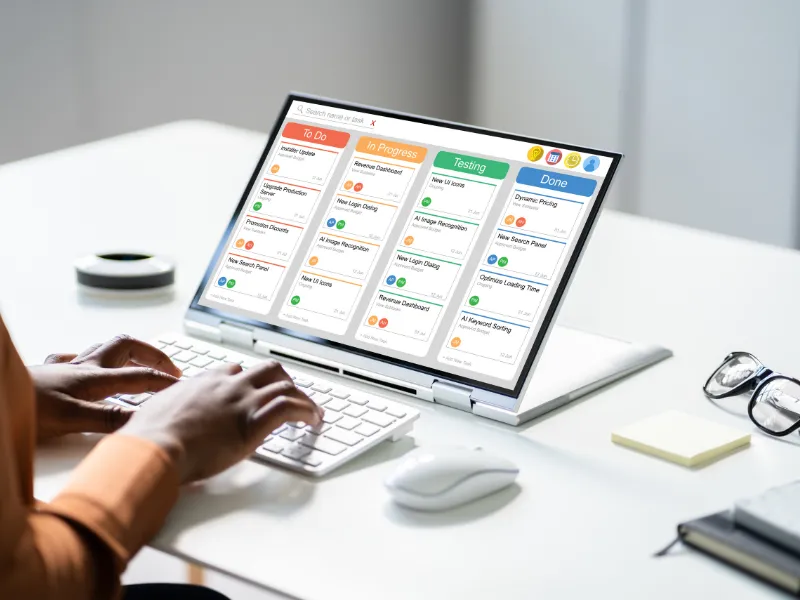Efficient communication is the cornerstone of successful marketing campaigns, and WhatsApp’s popularity makes it a prime platform for engaging with customers in real-time. However, strategic scheduling of messages is crucial to maximize engagement without overwhelming recipients. This comprehensive guide explores the best practices for scheduling WhatsApp messages, helping businesses effectively reach their audience while maintaining optimal communication.
Understanding the Importance of Scheduled WhatsApp Messages
Scheduled messaging on WhatsApp enables businesses to:
- Reach Global Audiences: Schedule messages to accommodate different time zones and ensure messages are delivered at the most convenient times for recipients.
- Maintain Consistency: Plan and maintain a consistent messaging schedule to keep audiences engaged without spamming or overwhelming them.
- Enhance Efficiency: Automate message delivery to streamline communication workflows and focus on other strategic marketing activities.
Best Practices for Scheduling WhatsApp Messages
Step 1: Know Your Audience’s Time Zone
Consider the geographical locations of your audience and schedule messages during peak engagement times in their respective time zones. Use analytics tools to determine when your audience is most active on WhatsApp.
Step 2: Plan Content in Advance
Create a content calendar outlining your messaging strategy for WhatsApp. Plan messages around key events, promotions, or product launches to ensure timely delivery and relevance.
Step 3: Use Automation Tools Wisely
Utilize WhatsApp automation tools to schedule messages in advance. Ensure that automated messages maintain a personalized touch and relevance to recipient interests.
Step 4: Segment Your Audience
Segment your WhatsApp subscriber list based on demographics, behaviors, or preferences. Tailor scheduled messages to specific segments to increase relevance and engagement.
Implementing Effective Scheduled Messaging Strategies
- Balance Frequency: Avoid overwhelming subscribers with too many messages. Maintain a reasonable frequency based on your audience’s preferences and engagement levels.
- Personalization: Even scheduled messages should feel personalized. Use recipient names, past interactions, or preferences to tailor content whenever possible.
- Monitor Performance: Track metrics such as open rates, response rates, and conversion rates for scheduled messages. Use insights to optimize future scheduling strategies.
Best Practices for Compliance and Privacy
- Comply with Regulations: Adhere to WhatsApp’s policies and local regulations regarding message frequency, content, and privacy.
- Obtain Consent: Always obtain explicit consent from recipients before scheduling promotional messages on WhatsApp.
Case Studies and Success Stories
Share examples of businesses that have effectively used scheduled messaging on WhatsApp to enhance customer engagement and achieve marketing objectives. Highlight metrics and insights demonstrating improved reach, conversion rates, and customer satisfaction.
Conclusion
Scheduled messaging is a powerful tool for maintaining consistent communication and engagement on WhatsApp. By implementing best practices such as audience segmentation, strategic planning, and compliance with regulations, businesses can leverage scheduled messages to nurture relationships, drive conversions, and enhance overall marketing effectiveness.
Call to Action
Ready to optimize your WhatsApp marketing with scheduled messages? Implement these best practices to deliver timely, relevant content and maximize engagement with your audience. Start scheduling messages effectively on WhatsApp to elevate your marketing efforts and achieve business growth.
This guide provides actionable insights and strategies for businesses aiming to maximize the impact of their WhatsApp marketing through effective scheduling practices. By following these best practices, businesses can ensure their messages reach the right audience at the right time, fostering meaningful connections and driving success on the platform.

